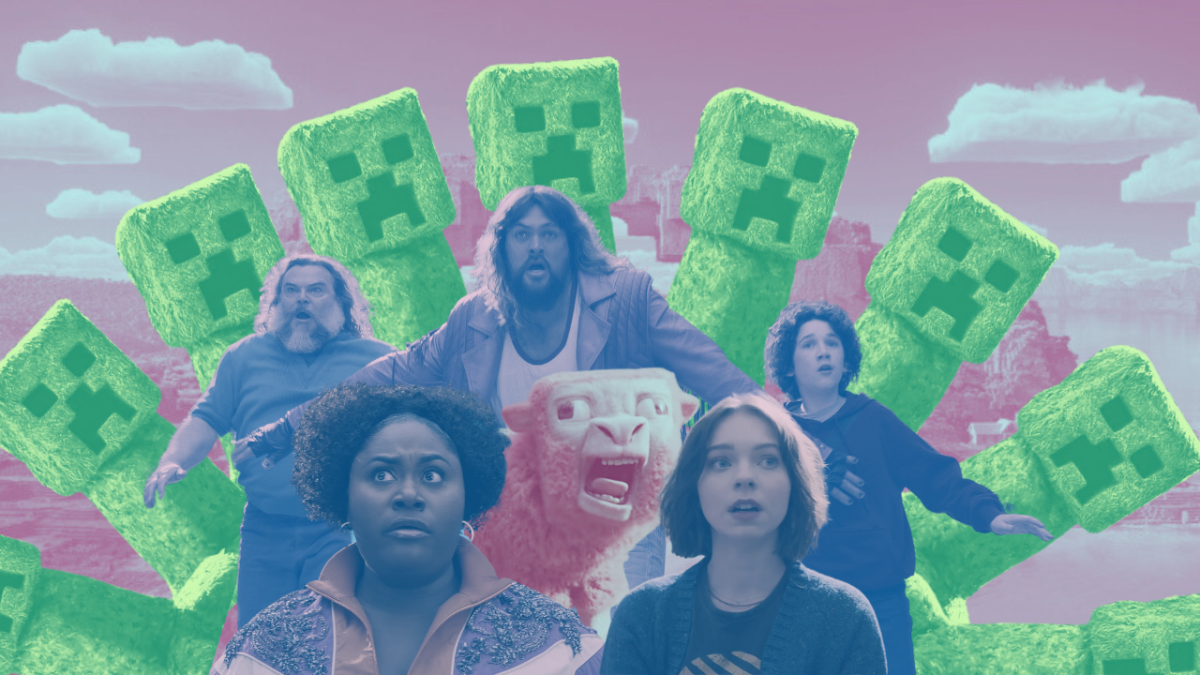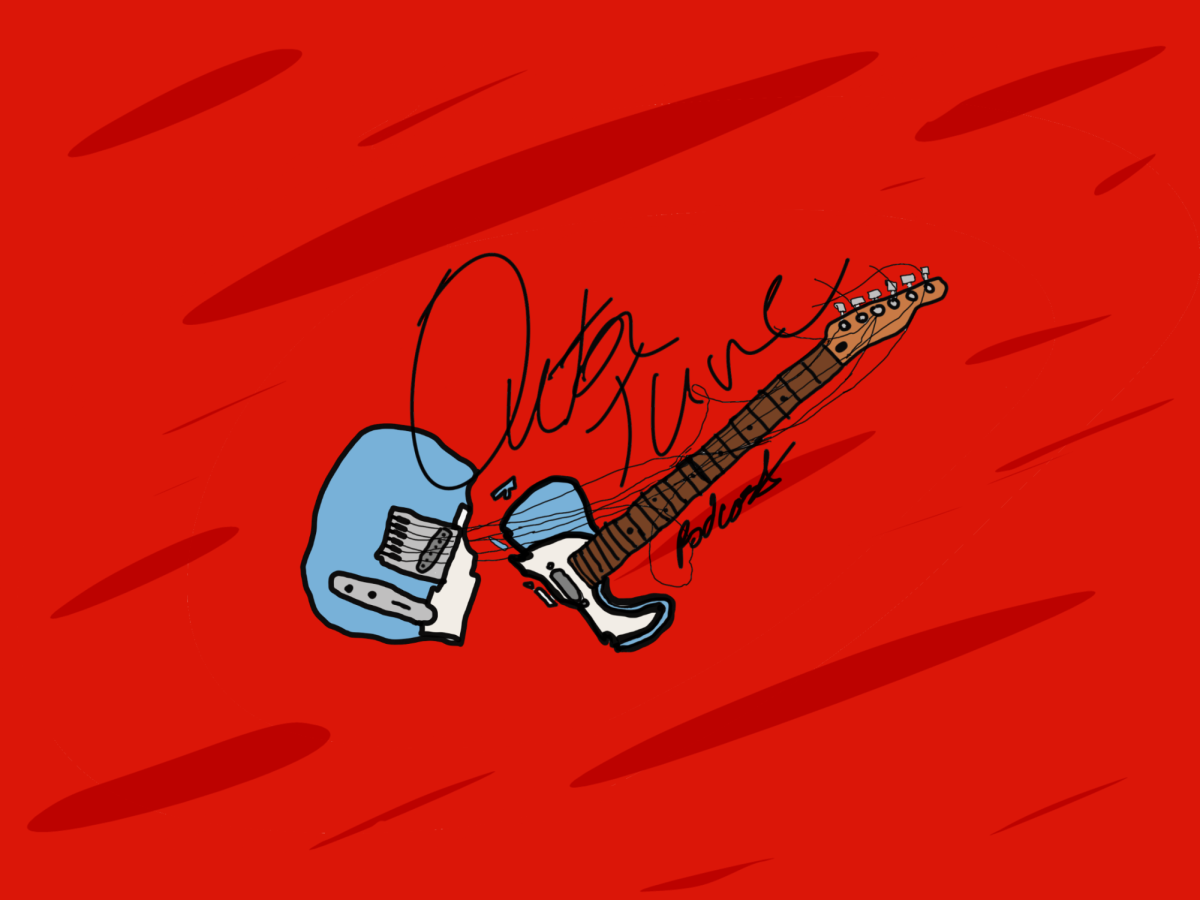On April 4th, Warner Bros. released A Minecraft Movie, starring Jack Black. As a longtime fan of the game, I couldn’t help but feel that the film prioritized profit over passion.
Minecraft has been a defining part of my childhood. Its creative, open-ended gameplay taught me to build, explore, and imagine. I still revisit it for its quiet charm and limitless potential. So it was disappointing to see a game centered on creativity forced into such a bland, predictable film. Rather than honoring what makes Minecraft special, the movie borrows its name and aesthetic while delivering something that feels more like a formulaic adventure flick wearing a Minecraft costume.
This isn’t Minecraft’s first storytelling experiment. In 2015, Minecraft: Story Mode offered fans an episodic narrative that stayed true to the game’s tone and visuals, with blocky characters and player-driven choices. In contrast, this film drops real actors into a stylized block world with no real explanation, creating a jarring and awkward mix that doesn’t quite work.
The story follows four humans: Henry (played by Preston Wyman), a robotics-loving boy mourning his mom, his older sister Natalie (Emma Myers), their eccentric real estate agent, Dawn (Kate McKinnon), and Garrett Garrison (Jason Momoa), a washed-up arcade champion. They are transported to the Minecraft Overworld, where they meet Steve (Jack Black), who is imprisoned by General Chungus (Danny McBride) and the villainous Malgosha (voiced by Awkwafina), a sorceress from the Nether who wants to eliminate creativity from the world.
The result is a messy, trope-filled adventure that hardly resembles Minecraft at all.
The film replaces the game’s open-ended freedom with a painfully familiar cast of stereotypes: the misunderstood genius kid, the overbearing sister, the goofy adult sidekick, and a cartoonish villain. Minecraft isn’t built around characters or plot; it’s about the player’s experience. Forcing it into a conventional narrative removes the very thing that made the game revolutionary.
Even worse is the film’s treatment of its female characters. When the group gets split up, the boys head off to battle mobs and go on thrilling adventures, while the girls tame dogs and build a house. Off-screen. We never see their journey, just the finished product when the boys return. Minecraft has always been about giving every player equal power, so why relegate the girls to the sidelines while the boys get the spotlight?
The movie tries to be funny, but the jokes rarely land. Most of the humor comes from Jack Black loudly shouting Minecraft terms like “FLINT AND STEEL!” in silly voices. A few songs are awkwardly inserted, clearly nodding to Black’s musical roots, but they feel more like interruptions than storytelling devices.
That said, the film isn’t entirely without merit. The visuals are decent, and there’s a surprisingly charming subplot where a Villager ends up in the real world and falls in love with real estate client Sheila (Jennifer Coolidge) after she accidentally hits him with her car. It’s odd, but in a good way.
Unfortunately, most of the movie is filled with glaring inconsistencies that any Minecraft fan would spot instantly. Piglins raiding a village? That’s not how the mobs work. Zombies attacking sheep? Unlikely. Endermen causing hallucinations? Definitely not part of the lore. The film takes Minecraft’s name but tosses out its logic, as if the creators only skimmed a wiki before writing the script.
But the biggest failure is how the movie misses the heart of Minecraft. The game is quiet and reflective. It invites players to craft their own story and ask, “What will you do with this world?” Instead, the movie shouts its message at the audience with explosions, slapstick, and surface-level morals. It tells us what creativity should look like, rather than letting us discover it for ourselves.
How did we go from the poetic ambiguity of the End Poem, “and the universe said I love you because you are love,” to Jack Black yelling catchphrases for 90 minutes?
And yet, the movie made money. A lot of it. According to Deadline, it earned around $314 million in its opening weekend. That’s what worries me the most. A movie this lazy and uninspired becoming a hit tells studios that mediocrity is acceptable as long as it’s tied to a recognizable brand.
A sequel is probably inevitable. Fine, let them dig deeper until all that’s left is bedrock.




